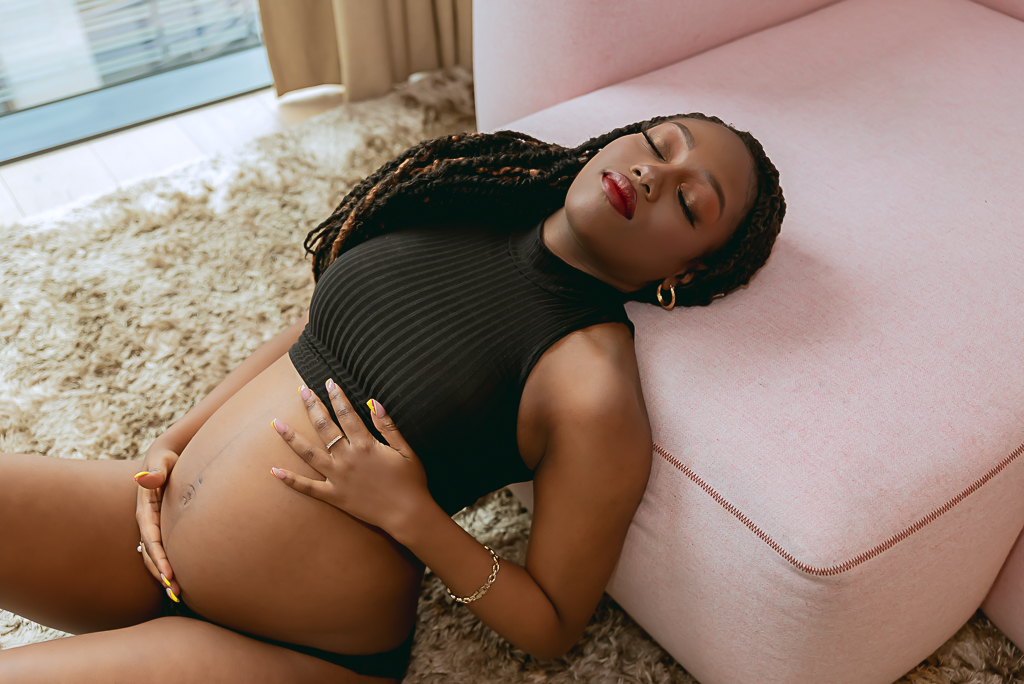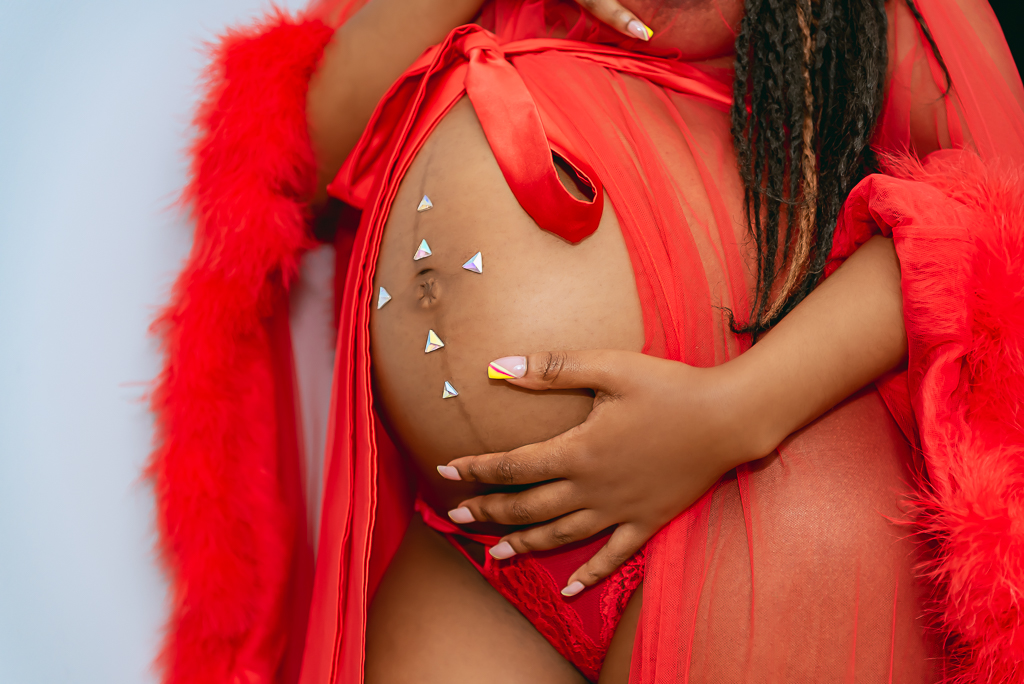
Mother Resilient is an Exploration And Celebration of Black Motherhood.
Black women in the UK are four times more likely to die in pregnancy and childbirth says MBRRACE-UK (Mothers and Babies: Reducing Risk through Audits and Confidential Enquiries across the UK).
During the national lockdown in 2020, the majority of NHS Trusts made restrictions that prevented expecting mothers from having partners (or a birthing companion) attend antenatal appointments, being present throughout labour, and staying with new mothers and babies after birth – despite official guidance to the contrary.
Even when restrictions on lockdown had been eased, and people were allowed to go to restaurants or have a haircut, expecting mothers were still denied the benefits of having a supportive partner by their side.
“Under tier 3, 15 people from different households can go to a wedding but you can’t have one person from the same household or support bubble with you for scans and in all stages of labour. It’s not right and it’s not fair.” Said a new mum in The Guardian’s report.
In the same year, the World Health Organisation (WHO) maintained that there are numerous benefits of labour companionship for women and their newborns; stating that when a woman has access to trusted emotional, psychological and practical support during labour and childbirth, her experience of childbirth and her health outcomes can improve.
This issue is not to be taken lightly given the risk of maternal death in 2019-2021 was significantly four times higher among women from Black ethnic minority backgrounds compared with White women.
A 2024 study by Irvine et al., on women with low-risk pregnancies who gave birth between 1st March 2020 and 1st March 2021, found there were profound negative effects on their emotional and physical well-being because of maternity service restrictions.
Three years have passed since these restrictions ended. In Mother Resilient, I’ll be looking back at the events which greatly impacted women – during one of the most vulnerable times in their lives.
Mother Resilient is a multimedia project documenting the experiences of Black women who gave birth during the maternity service restrictions from 2020 to 2021. It’s the second part of The Marker of a Generation Project looking at life in the UK during the pandemic.
The project will consist of interviews, conceptual portraits and a poetry film to explore the women’s mental, emotional and physical realities during this period. In a time when these Black women needed the most support, they were called on again, to be resilient.
Mother Resilient is an exploration and celebration of Black motherhood.
The project will be exhibited in London and made into a book.
PARTICIPANTS
I’m interested in working with Black women who gave birth during the restrictions without a birthing companion.
Participants will be engaged in an interview, and photoshoot and 1-2 women will be required for a short poetry film.
All participants must be comfortable with their images and interviews being shared publicly. You’ll be required to sign a photo release permitting me to publicly share your images and film.
For your participation, you’ll be invited to the final exhibition, receive printed images from your photoshoot and be opportune to share your story with the world.

Sponsorship
I’m looking for businesses that align with the values of this project and are interested in sponsoring its production.
As an independent artist, assistance is needed to bring this project to life.
Examples of sponsorship required:
- Monetary grant to cover the creative team’s (filmmaker, photographer, assistants, stylist, set designer, etc) expenses and participants’ travel expenses
- Clothing designer(s) to style the participants
- Studio space for production
- Mounted prints/framing for exhibition
- Catering during production days and exhibition launch
If you’d like to assist in any other way not mentioned, please get in touch – hello@elizabethokoh.com
All sponsors will be promoted in the press, given credit in the film, exhibition and book, on our website, and on social media platforms. Or if you’d like to propose a value exchange not mentioned, get in touch.
See the first part of The Marker of a Generation project – Women on The Frontlines.

